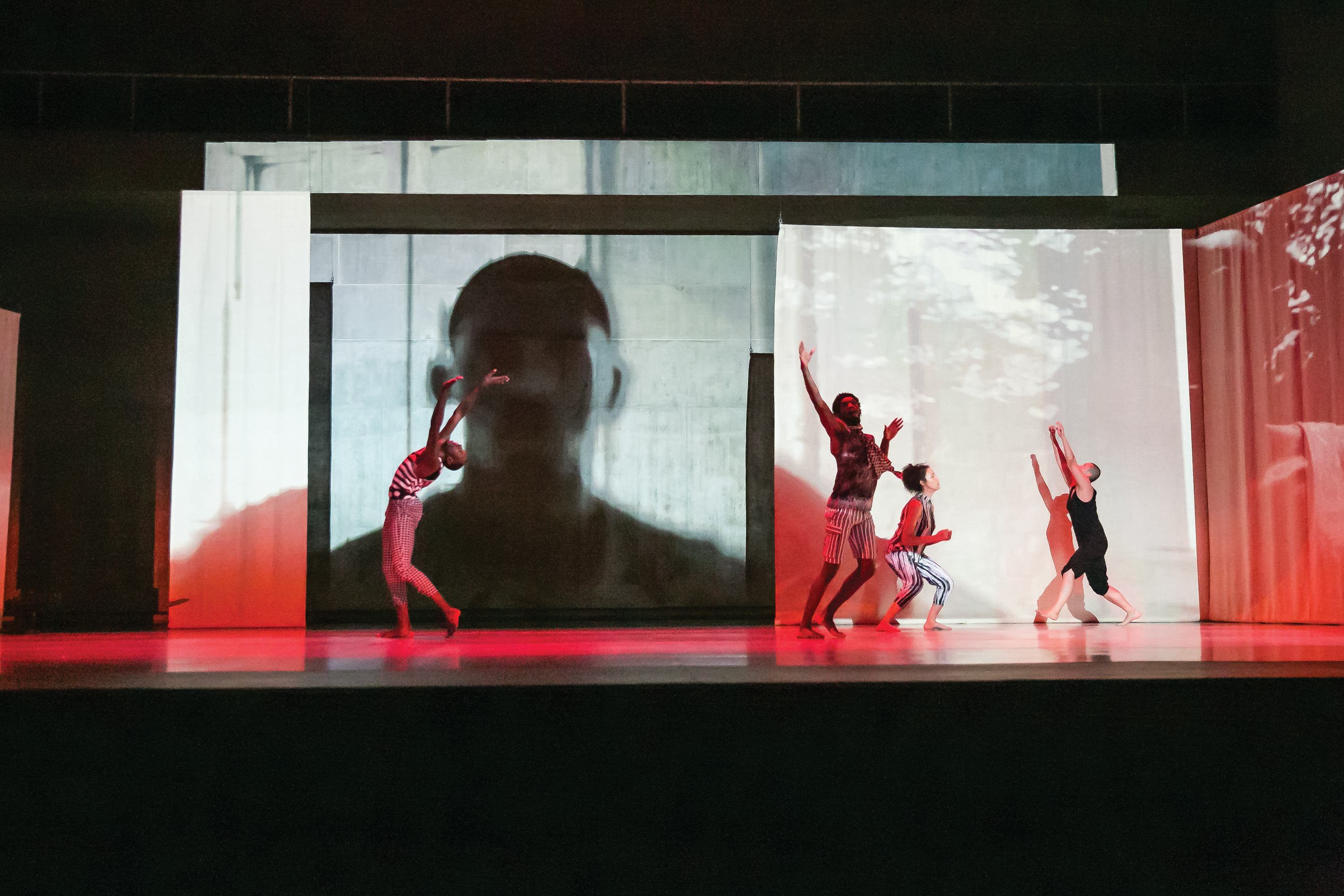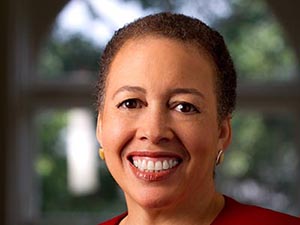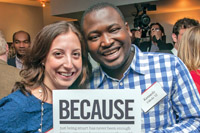Alumni Abroad: The Peace Corps
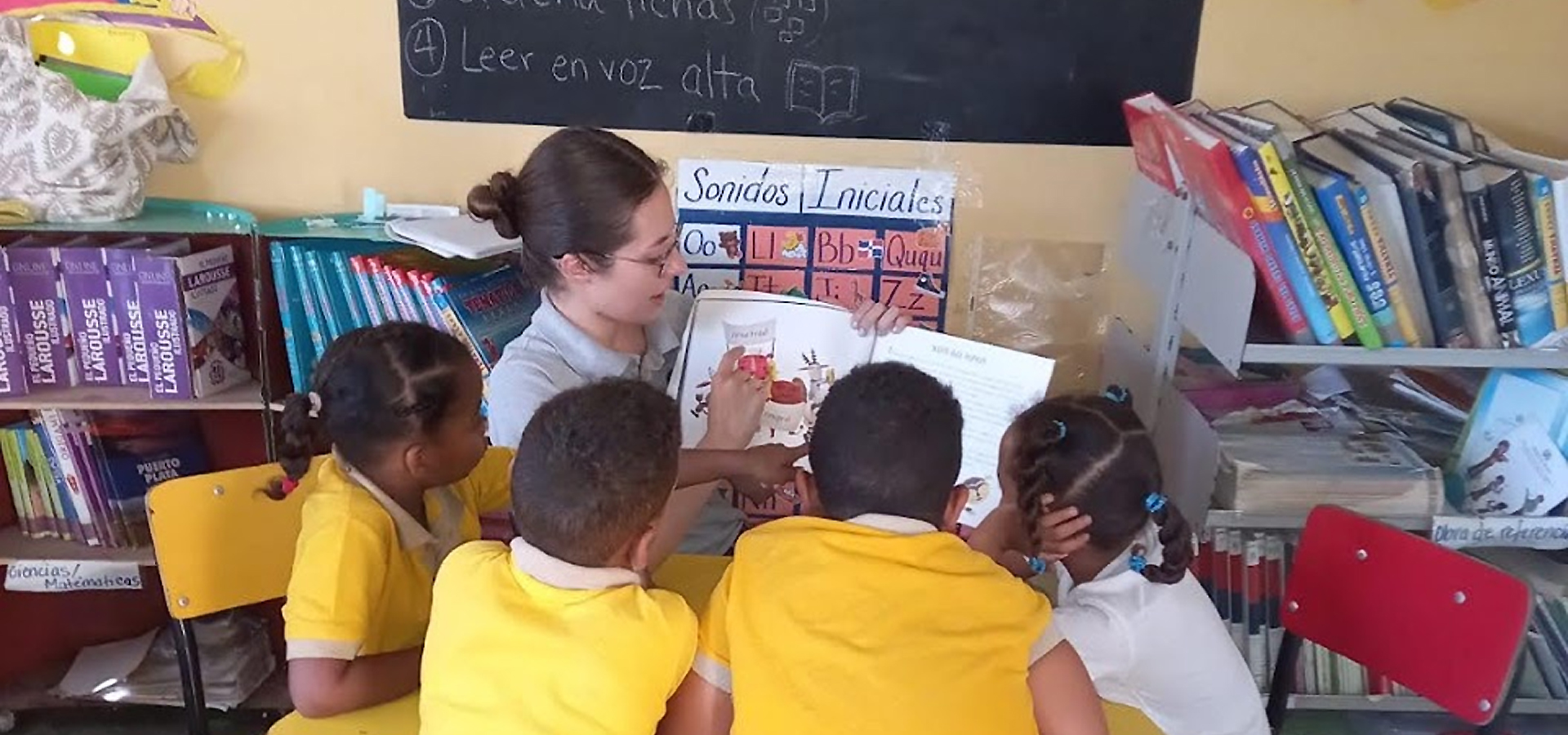
On a typical evening in the province of Puerto Plata, Dominican Republic, Andrea Weires ’19 strolls through a village with a bag of books, stopping to read stories to the kids who live there. Weires, a Peace Corps volunteer, serves as a literacy tutor and co-teacher in a local elementary school and strives to promote reading inside and outside the classroom.
A former government, Latin American studies, and Spanish triple major at Wesleyan, Weires spent two years as an undergraduate working with Even Start Preschool in Middletown. She also studied abroad but ultimately felt like she didn’t take all she could from the experience. “My senior year, I was trying to figure out what I wanted to do after I graduated,” Weires explained. “I was looking at ways to go abroad.”
Weires had a friend who got into the Peace Corps’ Kosovo program. Intrigued by the idea, she researched Peace Corps opportunities and found the Dominican Republic program. Weires was thrilled at the chance to draw on her strengths, like her experience with early childhood literacy, and to build new skills.
Peace Corps veteran Ameen Beydoun ’11, however, took a different path to his service. After majoring in film studies at Wesleyan, Beydoun initially pursued a film career post-graduation before realizing he wanted to change course. After hearing about the Peace Corps from a friend, he decided to teach in Liberia for two years. Eventually, he helped establish a Peace Corps program in the Comoros before getting an MBA at the Middlebury Institute of International Studies at Monterey in California.
Likening his time on film sets to his Peace Corps work, Beydoun credits his volunteer experiences with setting him on a path of international engagement, spurring his eventual moves to Senegal and then to Kenya, where he worked for a technology organization oriented at teaching children to code. “You need to be able to think on your feet and adapt,” Beydoun said.
The Peace Corps allows volunteers to grow and experience life in surprising ways. “In an environment that’s very different to what you’re used to, your expectations and worldviews will be challenged in ways you couldn’t anticipate, so that whatever framework you have baked in [to your mind] by your upbringing, you’re challenged to disrupt it a little bit further, thereby becoming a better-informed global citizen,” said Associate Director for Intercultural Learning Anita Deeg-Carlin, who participated in the Peace Corps in Madagascar.
Volunteers must also be open to the many challenges that arise during their work and, as Beydoun stressed, willing to adapt. “You’re constantly surrounded by people, and at the same time, you’re going to experience the most intense loneliness you’ve ever felt,” Beydoun said. “A friend said that Peace Corps, for better or worse, makes you confront, chase, deal with yourself. If you are able to accept that, then you’ll be a successful volunteer.”
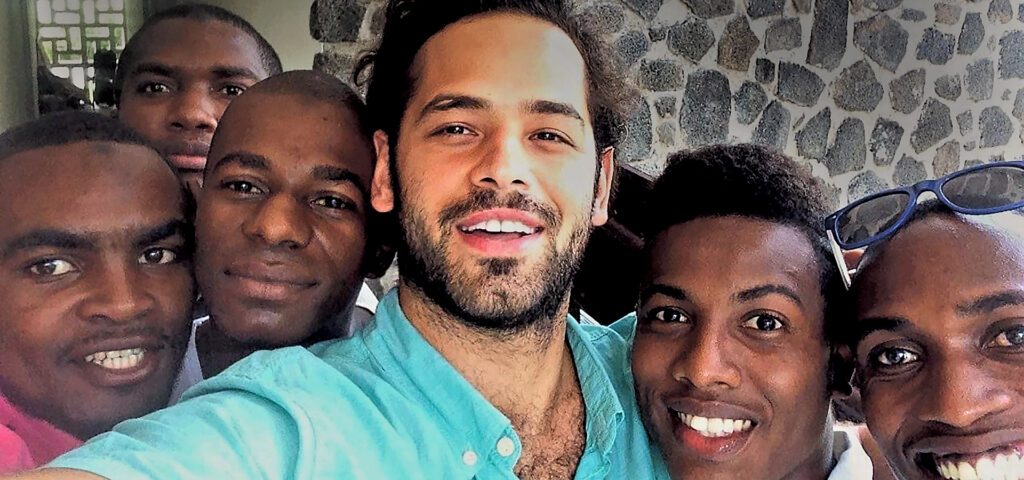
Deeg-Carlin warned that a Peace Corps assignment must be approached with responsibility, self-awareness, and humility. “There are dangers with a person representing a wealthy and powerful country like the United States going to a place where inequalities and inequities are significant and opportunities may be very limited,” Deeg-Carlin said. “But at the same time, privilege is not just a barrier. It offers us the resources to make a difference.”
Weires emphasized how her Wesleyan education helped her enter the Peace Corps with a greater awareness of her place in the world. “Wesleyan gave me great skills to think critically about how I’m living and working abroad in a way that is ethical and puts at the forefront the needs and desires of the community that I work for,” Weires said.
When the COVID-19 pandemic hit, Weires evacuated from the Dominican Republic but always hoped to return. The Dominican Republic was one of two countries to first welcome back Peace Corps volunteers, and Weires signed up immediately; she even attended a ceremony at the White House in March 2022 to honor the commitment and service of new and returning volunteers.
Weires, one of two volunteers from the original 150 in the Dominican Republic to continue her service after COVID-19, has been back on her original site for over a year. “I haven’t ever had a job where I felt so passionately for the work that I was doing,” Weires said.
Although her service ends in June, she hopes to stay in the Dominican Republic with the Peace Corps for another year before pursuing a master’s degree in education. “Working with kids on literacy, I can see how critical it is to learn to read, and . . . how they are cut off from opportunities when they don’t have literacy skills,” Weires said. “I’m hoping to use what I’ve learned here to keep pushing for educational rights and educational access.”
For Weires and Beydoun, who now lives in California and writes children’s books, the Peace Corps has been an experience of empowerment, education, and immense personal growth. They each emphasized that it could be a great next step for Wesleyan students looking to engage with the world after graduation.
“A big thing that I’ve learned in Peace Corps is that being challenged is how you grow,” Weires said. “If you’re open to being challenged, then Peace Corps can be a big growth experience. You can become a much more skilled version of yourself.”
Top photo: The work that Andrea Weires ’19 has done in the Dominican Republic is a natural extension of her interest in educational rights and educational access.
To learn more about student and alumni experiences abroad, read Discovering the Unexpected through Study Abroad and In Exchange: A STEM Excursion to India.
Rachel Wachman ’24

